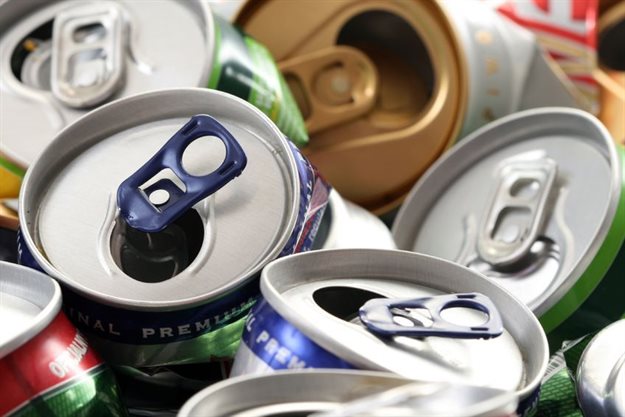
Top stories






More news


Marketing & Media
Ads are coming to AI. Does that really have to be such a bad thing?














Pardini will deliver a master class next week on public private partnerships hosted by the Institute of Waste Management of Southern Africa (IWMSA) at IFAT Africa – the trade event for the water, sewage, refuse and recycling industries.
“The reality of these PPP deals is that they are very complex, within a complicated legislative framework. So many companies think they will just sign an agreement with a municipality and that’s all it takes. In reality, it’s a lengthy process that could take three to five years to complete,” she says.
Despite government’s goals of working with the private sector to overcome infrastructure challenges, Pardini says relatively few effective PPPs are currently in place. “Several more are being looked into, but it’s not clear how many will reach finality due to their complexity and the high costs involved.”
For PPPs to be effective, the regulatory framework and environment need to be conducive to these agreements, says Professor Suzan Oelofse, research group leader: Waste for Development, Smart Places Cluster at the CSIR, who will participate in an IWMSA Dialogue Session on how municipalities drive a reuse and recycling economy. “In the recycling environment, PPPs with municipalities are challenged by three-year municipal budget cycles and the fact that it is not easy to set these partnerships up,” she says. “The private sector could provide some of the infrastructure necessary for recycling, but municipalities also need to come aboard to create the right environment.”
“Recycling is not working on a large scale in South Africa: not even 10% of urban households are recycling, and the number is even lower in rural areas. We sit with a dilemma because many people are keen to recycle, but they need an enabling environment to do so. To date, much of the recycling progress that has been made is thanks to the informal trash pickers,” Oelofse says.
These issues and more will come under discussion in two IWMSA masterclasses and two dialogue sessions during IFAT Africa, which is set for 9-11 July at the Gallagher Convention Centre. IFAT Africa is free to attend. For more information, click here.